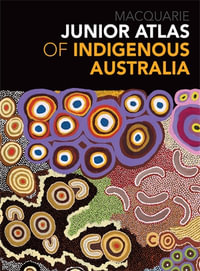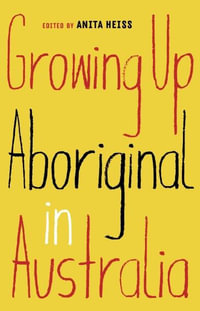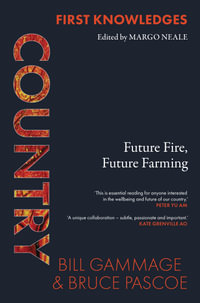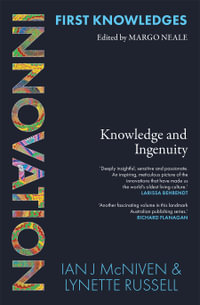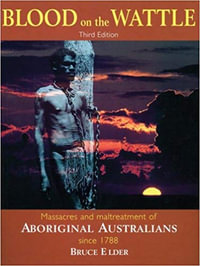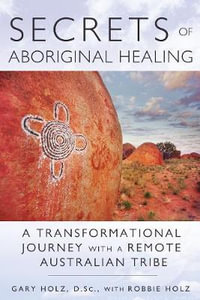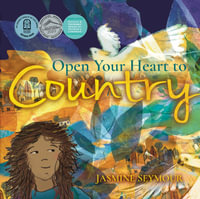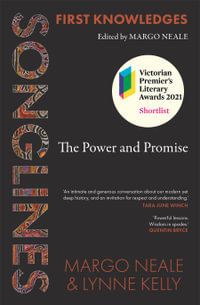"This collection challenges that assumption. It frames indigenous constitutional recognition in the context of conservative and liberal philosophical thought, and demonstrates that there may indeed be a set of reforms for constitutional recognition that can achieve the symbolic and substantive change sought by indigenous leaders, while at the same time addressing the critical concerns of constitutional conservatives and classical liberals. More than that, this collection demonstrates the genuine goodwill that many Australians share for the cause of indigenous recognition that is both practically useful and symbolically powerful.
Prestigious Australian leaders and thinkers from diverse fields, including defence, business, journalism, law and religion, share their thoughts on what recognition means to them and how it might be achieved. Authors including The Australian's Chris Kenny,Major General Michael Jeffery, Cardinal George Pell, Human Rights Commissioner Tim Wilson, Australian Christian Lobby's Lyle Shelton, former Australian Business Council president Graham Bradley, and former Menzies Research Centre director Julian Leeser, offer compelling arguments in support of recognition. Malcolm Mackerras and Lloyd Waddy reflect on their experiences during the 1967 referendum and the 1998 constitutional convention. Constitutional arguments are provided by prominent lawyers, including ACU's Greg Craven, Sydney University's Anne Twomey and UNSW's Fergal Davis.
About the Author
Damien Freeman is a lawyer, writer, and philosopher who lectures on ethics and aesthetics at Pembroke College, Cambridge, and Director of the Governor-General's Prize for the Constitution Education Fund Australia.
Shireen Morris is a lawyer, senior policy adviser and constitutional reform research fellow at Cape York Institute, and a researcher at Monash University.

